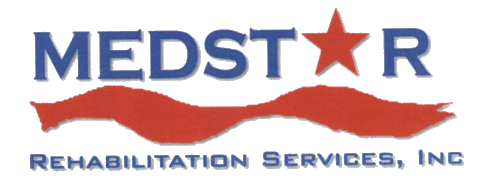TMJ Therapy
Like most people, you don’t give your jaw muscles much thought unless something goes wrong. Stress, bad posture, and nighttime teeth-grinding are just a few of the many potential contributors to TMJ pain. Fortunately, there are a variety of approaches to treating TMJ pain, ranging from self-care to surgical intervention. Read on to discover the many advantages of TMJ Therapy.
Head, neck, and jaw pain can result from TMJ disorder.
Pain in the jaw, neck, and head, as well as difficulties chewing, speaking, and sleeping, are all symptoms of temporomandibular joint disorder (TMJ). Treatment for the temporomandibular joint (TMJ) can reduce these symptoms and enhance quality of life.
The severity of TMJ disorder determines the treatment options available from a TMJ Therapy specialist. Avoiding hard or chewy foods, switching to softer foods, and refraining from clenching or grinding your teeth are all potential treatments.
Extreme cases may also benefit from physical therapy to alleviate muscle pain and tension, anti-inflammatory injections, and splint therapy to protect the teeth.
Don’t wait around for help if you’re experiencing symptoms of TMJ disorder. To discuss your dental health and possible treatment options, contact a Dental Clinic today. A better quality of life is possible after receiving treatment for your condition.
TMJ Therapy Service can help relieve this pain
If you suffer from TMJ, getting treatment can help alleviate your pain and enhance your quality of life. A TMJ doctor can provide the treatment and care you need to restore your quality of life.
Pain in the jaw joint (TMJ) is often treatable with TMJ therapy. Due to treatment, your ability to chew, speak, and swallow may all improve. Increased mobility and decreased jaw clicking and popping are two additional benefits of TMJ Therapy treatment.
Make an appointment with a TMJ doctor immediately if you have jaw pain or discomfort. With proper diagnosis and treatment, you can recover and live pain-free.
Treatments vary by disorder severity.
You can find relief with over-the-counter pain medication and ice packs if your symptoms are mild. Your doctor may suggest a mouth guard or splint to help keep your jaw in place for more severe cases. Surgical intervention may be required if the condition is severe enough.
When treated, TMJ symptoms typically improve significantly for the majority of patients. Do not put off seeing a doctor if you think you may be suffering from TMJ. You can get better and return to living your life with the right medical attention.
Medication, surgery, and physical therapy are all potential options for treatment.
Your doctor may suggest one or more of the following treatments if you’re experiencing TMJ Therapy:
Talk to your doctor about possible TMJ Therapy treatments if you’re experiencing any of the symptoms above. Taking good care of your jaw can help you feel and function better.
Consult a doctor if you suspect TMJ disorder.
An accurate medical diagnosis of TMJ disorder is crucial because of the wide variety of possible triggers. Once the root of the problem has been identified, various treatments can be attempted. Alterations to one’s way of life, such as avoiding hard or chewy foods and substituting ice packs or heat pads for pain relief, may be part of the treatment. In some cases, more aggressive treatments, such as surgery or dental appliances, may be necessary.
See a doctor for a proper diagnosis and treatment of TMJ disorder if you suspect you have it. Please seek medical attention for your pain.
Although TMJ disorder can be debilitating and painful, help is available. With proper diagnosis and treatment, many people can find significant improvement. Do not put off seeing a doctor if you experience any of the symptoms associated with TMJ disorder.
Conclusion
Seek medical attention for TMJ disorder if you have pain in your jaw, neck, or head. Depending on the severity of your disorder, several treatments can help alleviate your suffering. If you suspect you have a TMJ disorder, you should see a doctor of TMJ Therapy for a proper diagnosis and treatment.
